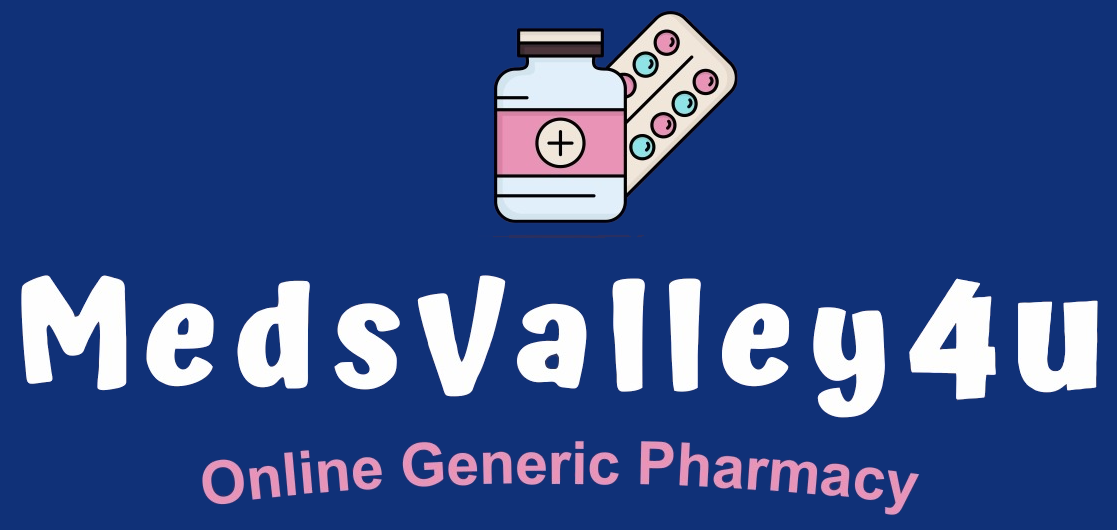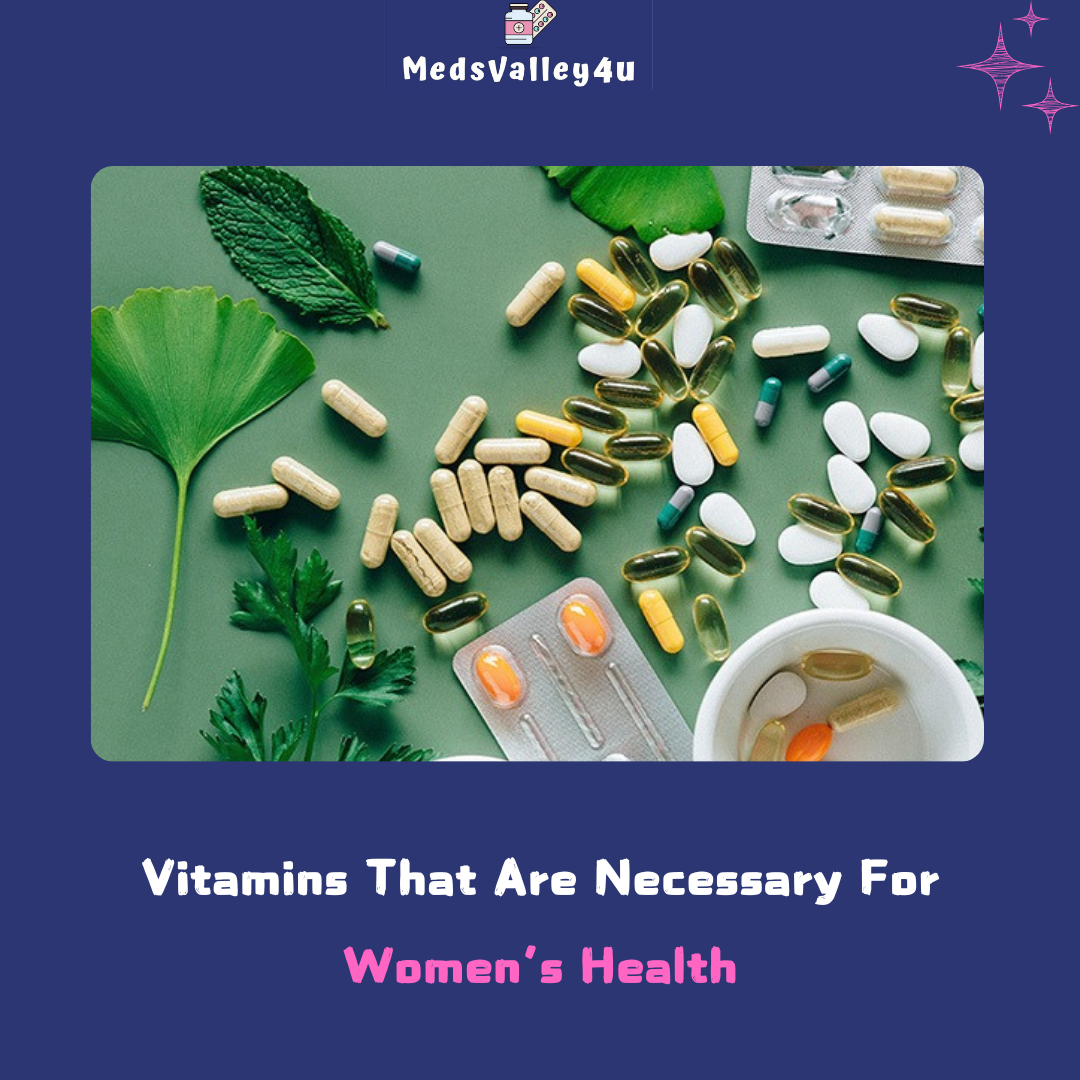Women’s health encompasses a wide range of physical, emotional, and mental well-being factors that vary throughout different life stages, including puberty, pregnancy, and menopause. One of the critical aspects of maintaining overall health is ensuring that women receive the essential vitamins and nutrients their bodies require to function optimally. Vitamins play a vital role in various bodily processes, including immune function, bone health, hormone regulation, and energy production. Here, we explore the key vitamins necessary for women’s health, their benefits, and the best food sources to ensure adequate intake.
1. Vitamin A
Vitamin A is essential for several bodily functions, including vision, immune function, and skin health. It is a fat-soluble vitamin that exists in two forms: preformed vitamin A (retinol) found in animal products and provitamin A carotenoids (such as beta-carotene) found in plant foods.
Benefits:
- Supports vision, particularly in low-light conditions.
- Strengthens the immune system, helping the body fend off infections.
- Promotes healthy skin and mucous membranes.
Food Sources:
- Animal sources: liver, fish, dairy products, and egg yolks.
- Plant sources: carrots, sweet potatoes, spinach, kale, and apricots.
2. Vitamin B Complex
The B vitamins are a group of eight essential vitamins that play various roles in energy production, brain function, and red blood cell formation. They are particularly important for women due to their effects on mood, stress management, and hormonal balance.
- Vitamin B1 (Thiamine): Supports energy metabolism and nerve function.
- Vitamin B2 (Riboflavin): Aids in energy production and promotes healthy skin and eyes.
- Vitamin B3 (Niacin): Helps convert food into energy and supports skin health.
- Vitamin B5 (Pantothenic Acid): Essential for synthesizing coenzyme A, which is involved in fatty acid metabolism.
- Vitamin B6 (Pyridoxine): Important for brain health, immune function, and hormone regulation.
- Vitamin B7 (Biotin): Supports hair, skin, and nail health.
- Vitamin B9 (Folate): Crucial for DNA synthesis, cell division, and particularly important during pregnancy to prevent neural tube defects.
- Vitamin B12 (Cobalamin): Vital for red blood cell formation and neurological function.
Food Sources:
- Whole grains, legumes, eggs, dairy products, meat, and leafy greens.
3. Vitamin C
Vitamin C, or ascorbic acid, is a water-soluble vitamin known for its powerful antioxidant properties. It is essential for collagen synthesis, immune function, and the absorption of iron from plant-based foods.
Benefits:
- Promotes healthy skin by supporting collagen production.
- Strengthens the immune system and may reduce the duration of colds.
- Aids in the absorption of non-heme iron, are crucial for women at risk of anemia.
Food Sources:
- Citrus fruits (oranges, lemons, grapefruits), strawberries, kiwi, bell peppers, broccoli, and tomatoes.
4. Vitamin D
Vitamin D is essential for bone health, as it helps the body absorb calcium. It also plays a role in immune function and may help reduce the risk of chronic diseases.
Benefits:
- Supports bone health and reduces the risk of osteoporosis, especially in postmenopausal women.
- May help regulate mood and reduce the risk of depression.
- Plays a role in immune system regulation.
Food Sources:
- Fatty fish (salmon, mackerel, sardines), fortified dairy products, egg yolks, and mushrooms. The body can also produce vitamin D when exposed to sunlight.
5. Vitamin E
Vitamin E is a fat-soluble antioxidant that protects cells from oxidative stress and is important for skin health, immune function, and blood circulation.
Benefits:
- Supports skin health and may reduce the risk of skin cancer.
- Enhances immune function, particularly in older adults.
- May improve cardiovascular health by preventing the oxidation of cholesterol.
Food Sources:
- Nuts and seeds (almonds, sunflower seeds), vegetable oils (sunflower, safflower), spinach, and avocados.
6. Vitamin K
Vitamin K is essential for blood clotting and bone health. It exists in two main forms: K1 (phylloquinone) found in plant foods and K2 (menaquinone) found in fermented foods and animal products.
Benefits:
- Plays a crucial role in blood clotting, preventing excessive bleeding.
- Supports bone health by promoting calcium binding in bones.
Food Sources:
- Leafy green vegetables (kale, spinach, broccoli), fermented foods (natto, sauerkraut), and animal products (egg yolks, dairy).
7. Folate (Vitamin B9)
Folate, or folic acid in its synthetic form, is particularly important for women of childbearing age. It is essential for DNA synthesis, cell division, and the prevention of neural tube defects during pregnancy.
Benefits:
- Crucial for fetal development during pregnancy, particularly in the first trimester.
- Helps prevent anemia by promoting healthy red blood cell production.
Food Sources:
- Dark leafy greens, legumes, citrus fruits, fortified cereals, and whole grains.
8. Vitamin B12
Vitamin B12 is vital for nerve function, red blood cell production, and DNA synthesis. It is particularly important for women as it helps combat fatigue and supports overall energy levels.
Benefits:
- Supports brain health and may help prevent cognitive decline.
- Plays a key role in the formation of red blood cells, reducing the risk of anemia.
Food Sources:
- Animal products such as meat, fish, poultry, eggs, and dairy. Plant-based eaters may need to consider fortified foods or supplements.
9. Vitamin F (Essential Fatty Acids)
While not a vitamin in the traditional sense, essential fatty acids like omega-3 and omega-6 fatty acids play a crucial role in women’s health. They are vital for brain health, hormone production, and reducing inflammation.
Benefits:
- Support cardiovascular health by reducing triglycerides and lowering blood pressure.
- Play a role in brain function and mental health, potentially reducing the risk of depression and anxiety.
Food Sources:
- Fatty fish (salmon, mackerel), walnuts, flaxseeds, chia seeds, and hemp seeds.
10. Considerations for Supplementation
While obtaining vitamins from food sources is ideal, certain life stages or dietary restrictions may necessitate supplementation. Women who are pregnant, nursing, or following strict vegetarian or vegan diets may require additional vitamins to meet their nutritional needs. However, it’s essential to consult with a healthcare professional before starting any supplementation, as excessive intake of certain vitamins can lead to toxicity.
Conclusion of Women’s Health Blog:-
Vitamins play a critical role in maintaining women’s health, supporting various bodily functions from reproductive health to immune function. Understanding the essential vitamins necessary for women’s well-being, along with their benefits and food sources, can empower women to make informed dietary choices. By prioritizing a balanced diet rich in these essential nutrients, women can enhance their overall health, manage the physical changes associated with different life stages, and reduce the risk of chronic diseases. Ensuring adequate intake of these vitamins through a nutritious diet is vital for fostering long-term health and well-being.






Write a comment
Your email address will not be published. All fields are required